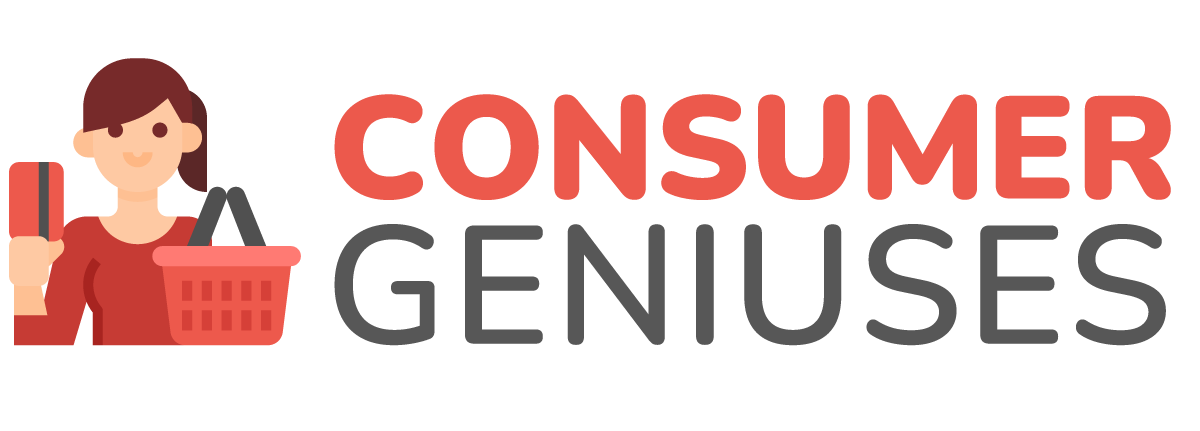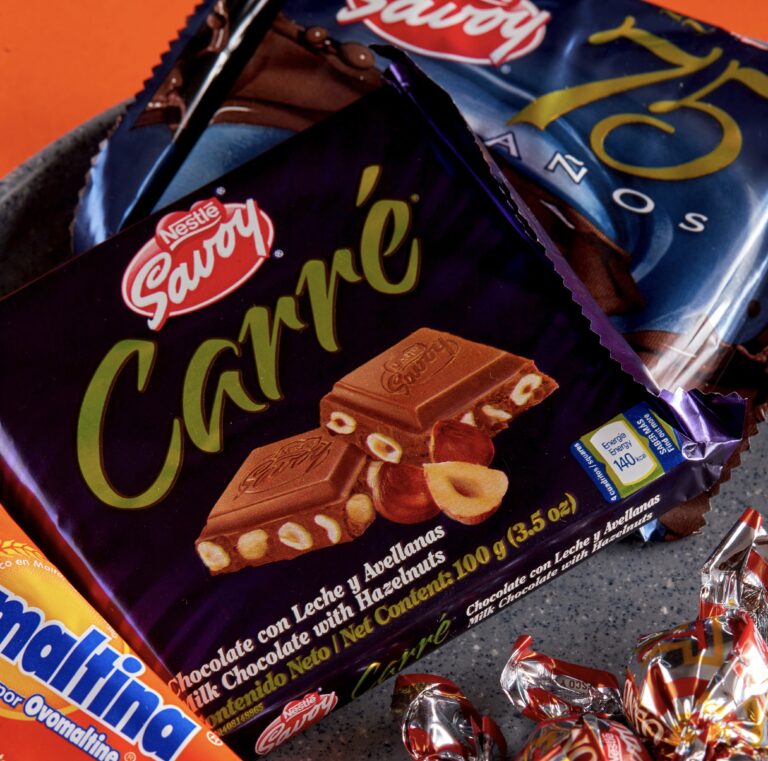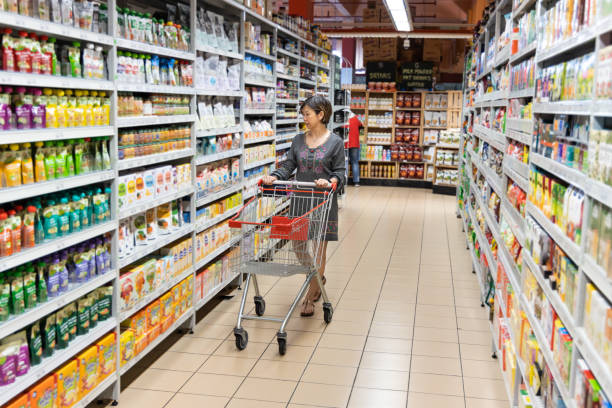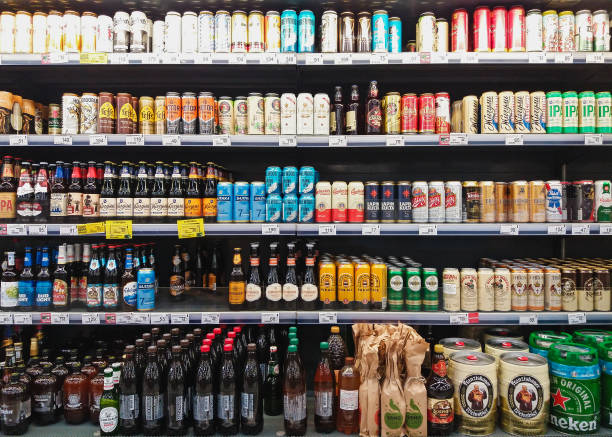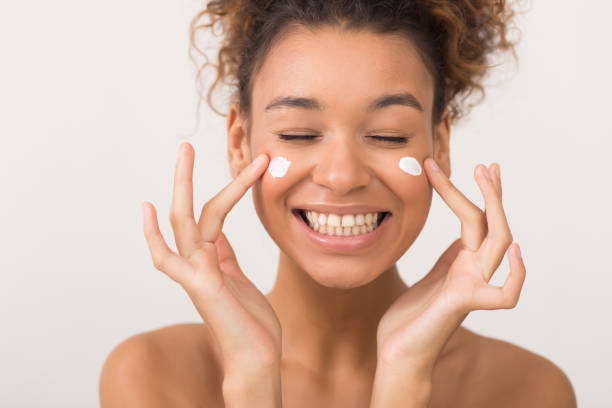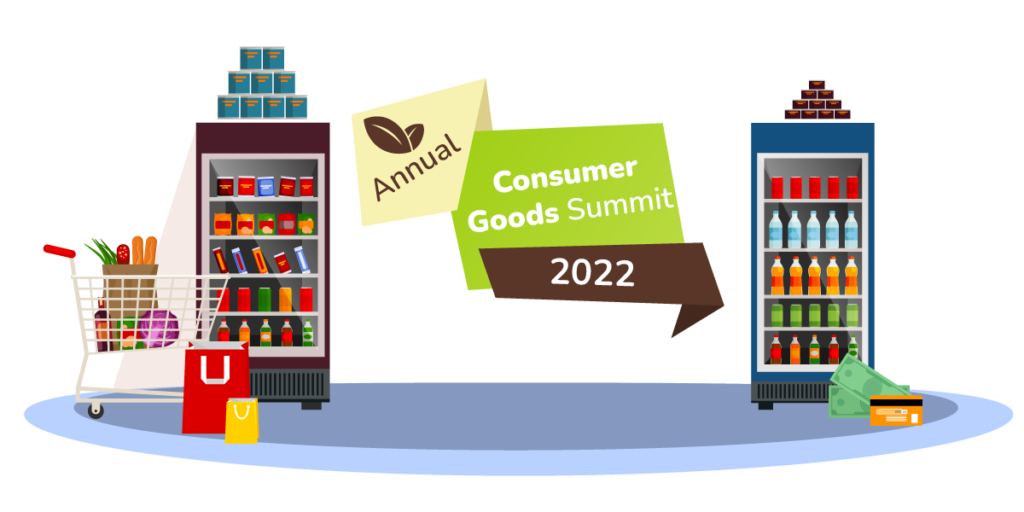
PepsiCo and Keurig Dr Pepper boosted sustainable activities by conserving water
CPG companies are focusing on water conservation to offset their carbon footprint, for example, PepsiCo and Keurig Dr Pepper announced to reduce the amount of wastewater across their operations. PepsiCo has decided to develop a technology that will be able to recover 50% of the water used to manufacture potato chips. Under PepsiCo’s Positive (pep+) initiative, the company is dedicated to expand safe water access to 8 million more people. While Keurig Dr Pepper has committed to achieve a net positive water impact by 2050. Meanwhile, to foster sustainable activities, Goldenberry, Mentos, and Sourcing are reducing plastic packaging, while Coca-Cola has committed to use reusable bottles for 25% of its beverage packing by 2030. Read more from ConsumerGoods
